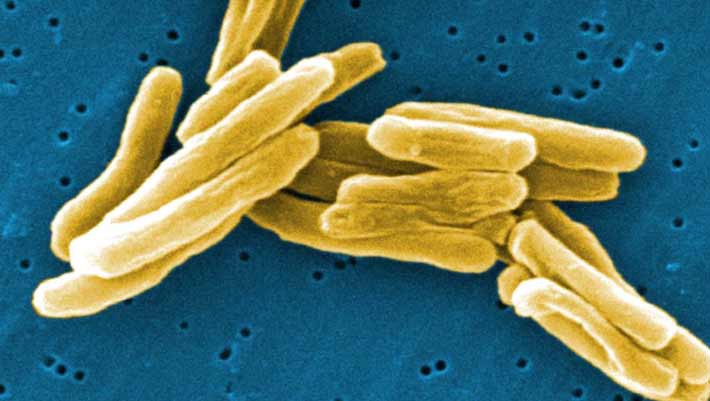Promise of a new TB vaccine?
By: Robyn Emery
Despite the advances in science and medicine today, there lurks an ancient disease that has stumped researchers and evaded eradication since the dawn of humankind. A recently published study, however, gives hope of a new vaccine to finally defeat this historic killer.
This disease is called tuberculosis (TB) and is caused by microscopic bacteria that infect the lungs. People infected with TB usually have a painful, persistent cough and many symptoms shared with the flu. There is currently one vaccine against TB, but it was designed over 100 years ago and hasn’t really been shown to actually decrease the number of TB cases in adults.
Tuberculosis is crafty. If it wasn’t, it wouldn’t have been around for so long. The bacteria that cause TB have evolved specifically to damage human lung tissue in order to survive. When they infect a person, the bacteria hide within the immune system (your body’s police force) in order to avoid being recognized and destroyed. The bacteria then divide and divide, becoming hundreds, then thousands. This continues until they break out and destroy their host cells to spread throughout the lung.
But a new vaccine entered the scene last year named M72/AS01E. A promising study about its effectiveness was published in the New England Journal of Medicine in September 2018. Unlike the old TB vaccine, which uses a cattle strain of TB, the M72/AS01E uses two proteins fused together from the actual human strain. This allows the body’s immune system to better recognize the infection and launch a robust attack.
The study tested 3,573 adults from multiple African countries who were at risk for developing TB and gave participants either the actual vaccine or a placebo. When they compared new TB cases over a three-year period, they found that twice as many people became ill with TB who received the placebo instead of the M72/AS01E vaccine. They calculated the vaccine efficacy to be 54%, still far off from the ideal 100%, but life-changing when applied to millions of people.
As a graduate student researching tuberculosis, I understand what repeated failure feels like, especially when hypotheses are proven wrong and experiments don’t go as planned. However, this study inspires me. It shows that even with 100 years of research and no new vaccine, scientists can finally break through. This new M72/AS01E vaccine may be a step forward in defeating humanity’s most ancient foe, tuberculosis.

